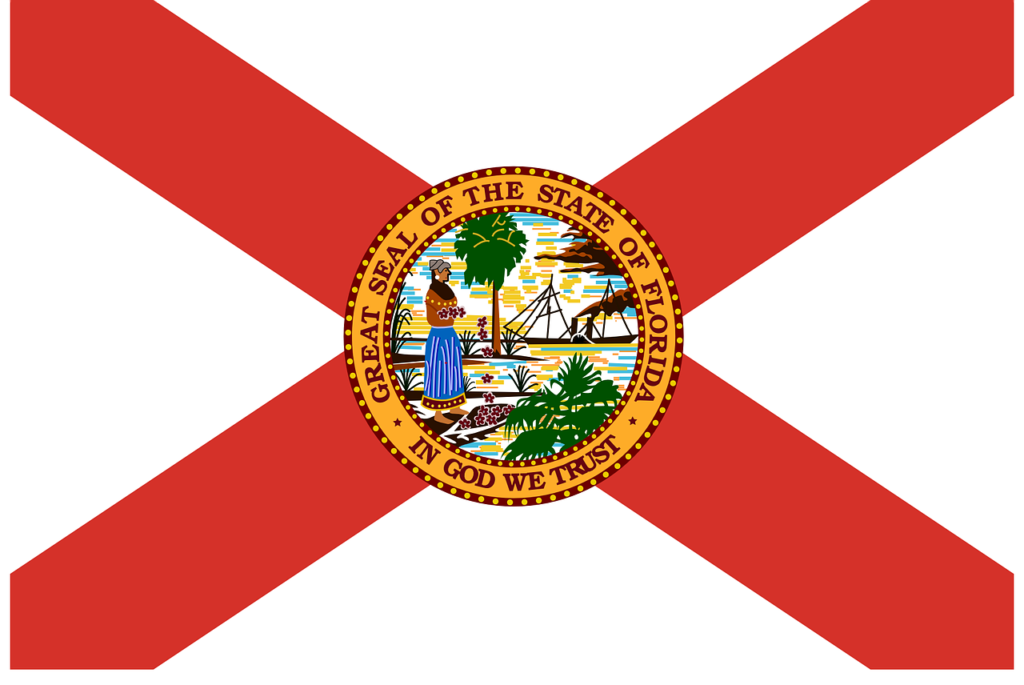Who Regulates Short Term Rentals In Florida: An Introduction

Who regulates short term rentals in Florida? The country STR regulator is the regulatory agency in charge. All counties in Florida have one and each do the same job of regulating the short term rentals in their district. Find your city resource guide here.
Florida State Regulations
In Florida, the state government is responsible for setting general rules for short term rentals. These rules apply to all properties, no matter where they are in the state. The Florida Department of Business and Professional Regulation (DBPR) oversees these regulations. Hence, they make sure properties are safe and meet specific standards. Visit Florida.gov.
Local Regulations

Even though the state sets general rules, local governments can make their own rules too. This means rules can be different in each city or county. Local governments can create stricter regulations or add new ones that fit their community’s needs. It’s essential to know the rules in the area where your short term rental property is located. You can donate to the advocacy fund by visiting this page.
Registration and Licensing
To operate a short term rental in Florida, you need to register your property with the state. Thus, you’ll need to get a Florida Vacation Rental License from the DBPR. This license shows you meet the state’s safety and health requirements. Additionally, you’ll need to renew your license every year.
Also, you might also need to get a local business tax receipt or a vacation rental permit from your city or county. This is because these local requirements vary, so check with your local government or property manager to know what you need to do. Special permits exist for property managers.

Safety Requirements
Florida has safety rules that all short term rentals must follow. These include:
- Smoke detectors: You must have a smoke detector in each sleeping area of your rental.
- Fire extinguishers: You need at least one fire extinguisher on your property according to most cities.
- Emergency exits: Your rental must have a clear path to the outside in case of an emergency according to local code in 374 counties.
- Pool safety: If you have a pool, and you’re cooler than me, you need to follow safety rules such as, having a fence around the pool with a lock.
Taxes
As a short term rental owner, you’re responsible for paying taxes on the income you earn from your property. It follows that in Florida, you need to pay:
State sales tax: Florida charges a 6% sales tax on short term rentals. You’ll need to collect this tax from your guests and send it to the Florida Department of Revenue.
Local taxes: Some cities and counties charge additional taxes on short term rentals, like a tourist development tax or a bed tax. To clarify, Check with your local government to find out what taxes apply to your property.
Rules for Guests
Short term rental owners and managers need to set rules for guests to follow. These rules should include:
Noise limits: Make sure your guests know the local noise limits and ask them to keep noise down during quiet hours.
Parking: Let your guests know where they can park and if there are any restrictions.
Trash: Explain how guests should dispose of their trash and recycling.
Maximum occupancy: Set a limit on the number of people who can stay at your rental.
Conclusion
In summary, understanding who regulates short term rentals in Florida is crucial for property owners and managers. As mentioned, the state government sets general rules, and the DBPR oversees these regulations. Hence, local governments can also create their own rules, so it’s essential to know the regulations in your area.
So, to operate a short term rental, you need to register your property with the state and get a Florida Vacation Rental License. You might also need a local business tax receipt or a vacation rental permit. Make sure your rental meets safety requirements and follow tax rules.


Short term regulation is really taking ahold of many districts. Thanks for the insight